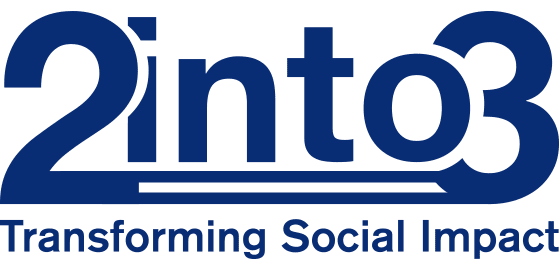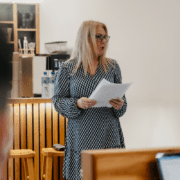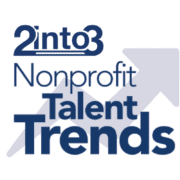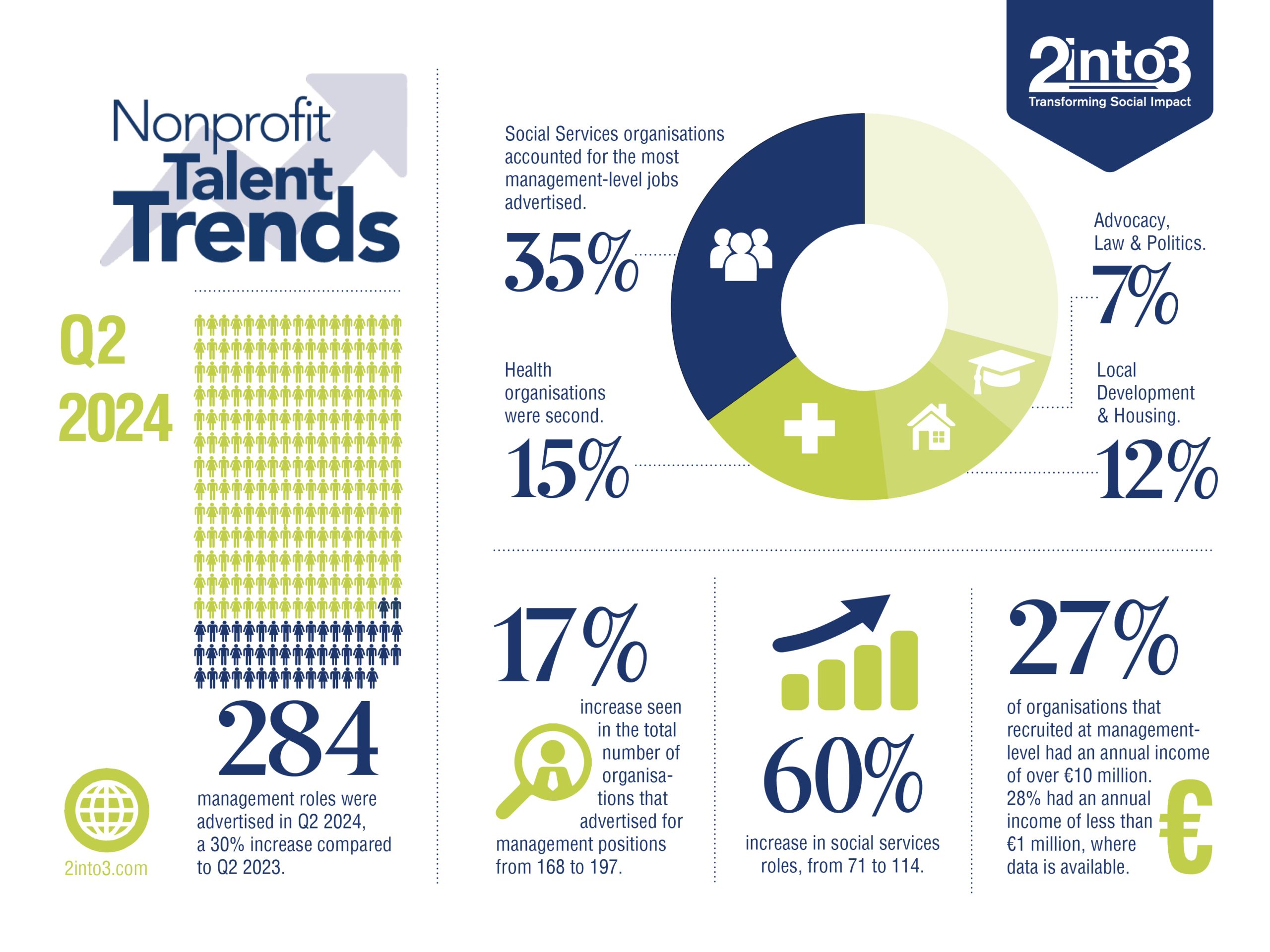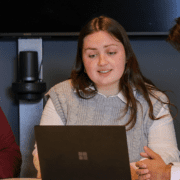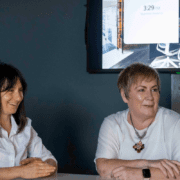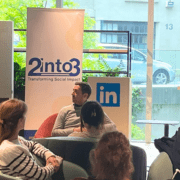Achieving the ‘S’ in ESG: Why is it important?
With growing consumer demand for ethical business practices and increasing regulatory pressures, ESG principles are not just a compliance requirement – but a strategic approach to sustainability and social impact. In this blog, we outline the importance of a robust ESG strategy and how to achieve the Social (S) component.
What is ESG?
ESG stands for Environmental, Social, and Governance. These are called pillars in ESG frameworks and represent the 3 key areas that companies are expected to report in.
Environmental
This includes efforts to reduce carbon footprints, manage waste responsibly, and adopt renewable energy sources. Companies are assessed on their environmental sustainability practices, and those failing to meet expectations may face reputational and financial risks.
Social
This focuses on how companies manage relationships with employees, suppliers, customers, and communities. It includes labour practices, diversity and inclusion, community engagement, and broader impact on society.
Governance
This refers to the internal system of practices, controls, and procedures a company adopts to govern itself, make effective decisions, comply with legal standards, and meet the needs of external stakeholders. Good governance practices include transparent reporting, ethical leadership, and accountability.
The Importance of a robust ESG Strategy
Ireland has seen a significant shift in how businesses approach ESG reporting, largely influenced by European Union directives. The EU Corporate Sustainability Reporting Directive (CSRD) has now been implemented in Irish law through the European Union (Corporate Sustainability Reporting) Regulations, 2024 which came into effect on 6th July.
Furthermore, Irish consumers are increasingly choosing to support organisations which align with their values. Companies that demonstrate a commitment to environmental, social and governance responsibility are more likely to attract and retain customers, particularly in a competitive market.
Additionally, investors are now factoring ESG criteria into their decision-making processes. Sustainable investing is becoming increasingly popular, and companies with strong ESG performance are more likely to secure funding. Therefore, focusing on a robust ESG Strategy is critical to the future development and overall success of your organisation.
Achieving the ‘S’ in your ESG Strategy
The Social (S) in ESG is a critical component – strong social impact can enhance reputation, attract investment, boost employee morale, and mitigate risks. Furthermore, the Social (S) element of your ESG Strategy is more likely to be effective when strategically developed. A robust Social Impact Strategy plays a critical role in supporting businesses to achieve their broader ESG objectives.
Many organisations require external support to develop the Social (S) component of their ESG Strategy. At 2into3, we partner with your organisation, working at Board and staff level – engaging employees and members of the community to ensure that your Social Impact Strategy is a living document, owned by your organisation. By the end of this process, you will have a defined Strategy that will enable your business to create meaningful change, build stronger relationships with stakeholders and contribute positively to your community.
Taking the first step
If you’d like to enhance the ‘S’ in your ESG Strategy, get in touch with our Director of Advisory Services, Sheena Horgan at sheena.horgan@2into3.com to explore how we can provide guidance and support. For more information on our ESG service, visit here.
